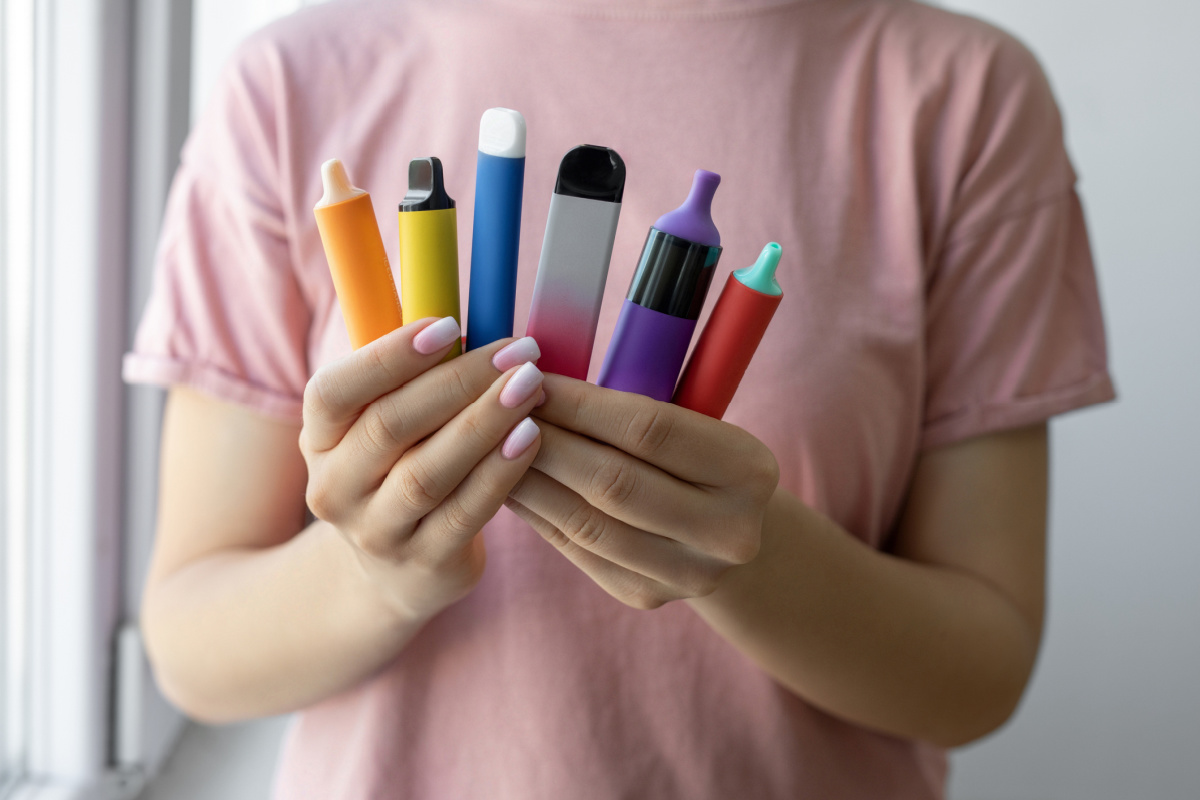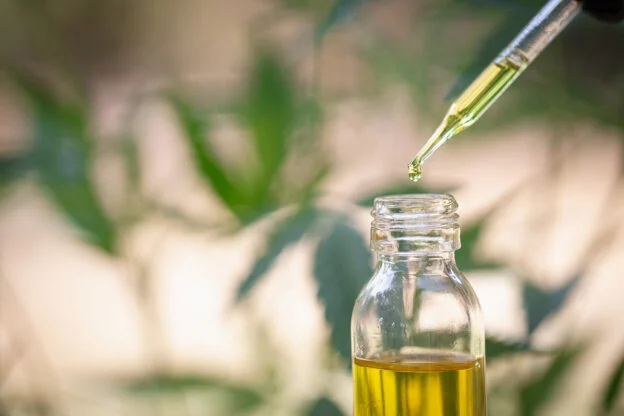Here’s Why You Need to Ditch the Cigarettes & Stop Vaping Before / After Surgery

It’s common knowledge that patients should quit smoking cigarettes at least a few weeks before and after surgery, but is it safe to “vape” before surgery? The answer is no, and in this post, Fort Worth plastic surgeon Dr. Emily J. Kirby explains why.
It’s the nicotine in cigarettes, not just the act of smoking, that leads to poor healing, anesthesia risks, and a host of other potential complications for a surgery patient. Despite being perceived as a “healthier” alternative to tobacco cigarettes, vaping liquid contains nicotine, which significantly increases the risk for complications during and after surgery.
Nicotine tightens blood vessels and decreases healthy circulation, which delays healing and can lead to poor scarring, infection and other dangerous complications.

Smoking and nicotine use puts your health and your results at risk
- Nicotine starves healing tissues of critical blood supply. Nicotine acts as a vasoconstrictor, meaning it shrinks blood vessels and decreases healthy circulation, which is essential for healing tissues to survive. The results of vasoconstriction after surgery range from poor scarring to tissue death (gangrene). These complications may require additional, unplanned surgery. While poor blood flow can worsen healing after any procedure, the risk of complications from vasoconstriction is especially high for patients having procedures involving major tissue repositioning, such as breast lift, breast reduction, and abdominoplasty.
- Anesthesia becomes more risky. Nicotine and smoking change your body chemistry, making it harder to predict how your body will react to certain medications, including anesthesia drugs. Carbon monoxide in the body from smoking also lowers blood oxygen levels, making it more difficult for your heart and lungs to work while under anesthesia.
- You are more likely to have a painful recovery. Nicotine can lower the effectiveness of certain medications or interfere with the way they work, impacting healing, leading to greater discomfort after surgery.
- Smoking increases risk of blood clots, which can be deadly. The chemicals in cigarettes thicken the blood. Thick, sticky blood likes to clot. If a clot forms and travels to the heart or lungs, a life-threatening pulmonary embolism can occur.
- You open the door for infection. Cigarette use weakens your immune system, making it easier for harmful microbes to infect your incision sites. Infection can be dangerous to your health and can negatively affect your results.
- Scars will heal more slowly. In addition to added risk for infection, a prolonged healing process can cause scars to heal irregularly or more prominently than intended.
When should you quit smoking before surgery and for how long?
Ideally, you will quit as soon as you make the choice to pursue surgery. I require patients to stop using nicotine a minimum of 6 weeks prior to their procedures and 6 weeks after. Resuming smoking or vaping during recovery, before your incision sites have healed, puts you at risk of poor healing, infection, and other dangerous complications.
Are nicotine patches, gum, etc. safe to use before or after surgery?
No. While smoking cessation products such as patches or gum can be helpful when trying to quit, they still contain nicotine, and therefore have the same risks of vasoconstriction, drug interaction and poor healing. If you want to use a patch or gum to help you quit, it is safest to use it as a transition product and stop nicotine altogether six weeks before and after your procedure.
If you are scheduled for surgery and have not managed to quit smoking, you will need to reschedule—it is better to postpone an operation than to risk your safety and results.
Be 100% honest with your plastic surgeon and anesthesiologist
Regardless of whether or not you smoke or vape, be completely open with your surgeon about your medical history. Disclose all medications, supplements, herb and substances you take—in addition to nicotine, common products such as aspirin, green tea, and even essential oils can interfere with anesthesia or increase risk for bleeding after surgery. By letting your surgeon and anesthesiology team know about your habits, they can make necessary modifications to protect your health.
If you are scheduled for surgery and have not managed to quit, tell you surgeon. She won’t judge you, but you will need to reschedule your surgery date for your safety. However inconvenient it may be, it is far better to postpone an operation than to risk your safety and results. If you need help quitting, your plastic surgeon can provide you with resources that can make the process easier.
If you have any questions about things to avoid before plastic surgery, I will be happy to help; please leave a comment below. Patients in the Fort Worth area who want to learn more about plastic surgery are welcome to contact my Fort Worth plastic surgery office to schedule a personal consultation.


